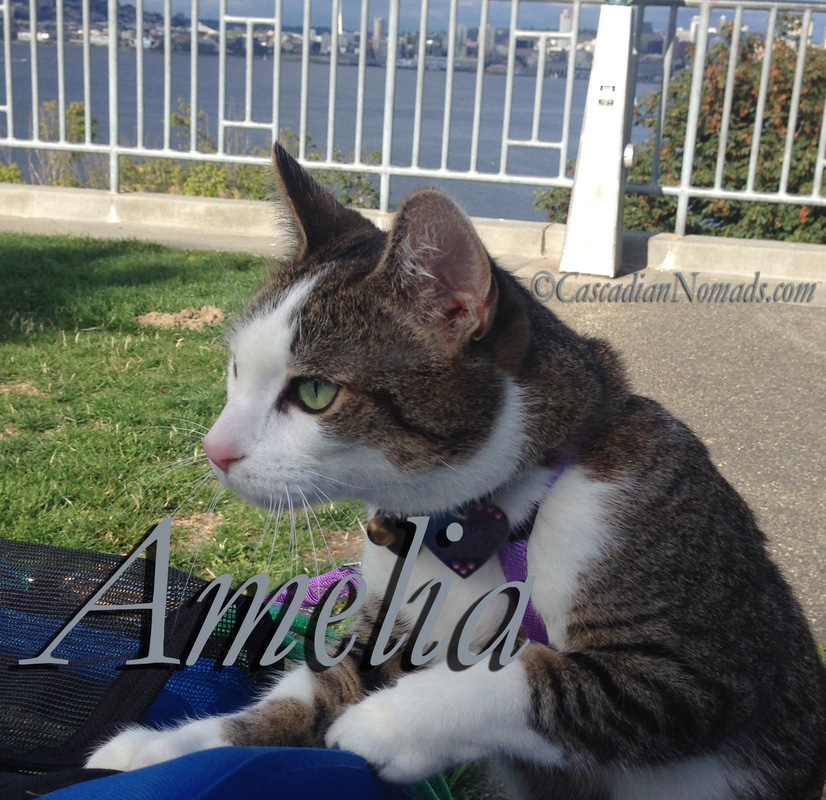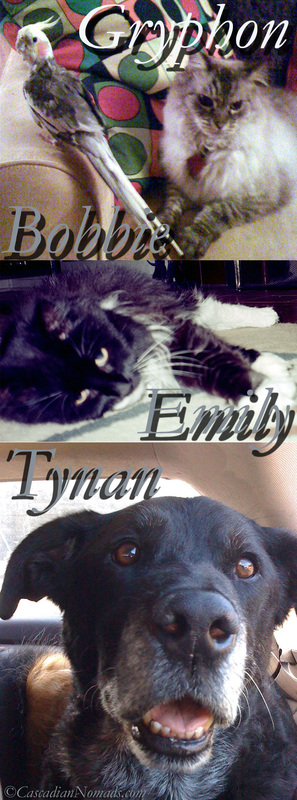I like beer. I know. I know. I am not supposed to. I get told that all the time* but that doesn't stop me from sniffing Bethany or Jason's beer and staring at them with my mesmerizing blue eyes. All of my beer begging finally paid off because last week I got my very own frosty bowl of Dawg Grog from Boneyard Brewing in Bend, Oregon, Cascadia. Besides being cold and delicious (and alcohol and hops free) Dawg Grog has glucosamine in it which I have learned is very healthy even for a young, fit dog like me. I think I should get to have it all the time! So, I did some research on glucosamine supplements for fit dogs in order to convince Bethany and Jason that pouring me a frosty cold beer each day is in my best interest. I will share with you what I learned... and then we can share a beer.
Since glucosamine is a naturally occurring substance, there are very few, if any, side effects to worry about. Dogs with blood clotting problems and diabetes should not take glucosamine and dogs with allergies should work closely with their veterinarian to find a glucosamine source that does not aggravate their condition. Basically, when shopping for fit dog glucosamine supplements just be sure that you are indeed getting a sufficient amount of actual glucosamine in your product (though these label analysis are not regulated) and make sure that your fit dog is getting a correct dosage. Glucosamine dosages are usually based on dogs weight but age and activity levels can factor in so ask your vet what dosage they recommend for your fit dog. Also, there are two different kinds of glucosamine available, glucosamine sulfate and glucosamine HCL. The difference is in the way that the glucosamine itself is suspended for consumer consumption but there is also a possibility these two kinds of glucosamine are absorbed and used differently by a fit dogs body. There a lot of articles with pros and cons of both kinds and one even said to just use both kinds. This part of my research was a little exhausting and frustrating so I quit and took a nap.
| There are a lot of glucosamine supplements and treats on the market. No matter what route you take in giving glucosamine to your dog, it is a pretty expensive supplement but very worth it. So shop around, find what works for your budget and what your fit dog likes. Which brings me to the point of all of my research because what this corgi likes is beer. While obviously all of my mesmerizing blue eyed beer begging paid off, my research did not. Since Dawg Grog does not have analysis of the type of glucosamine that's in it or how much glucosamine is in it, it will not suffice as an actual glucosamine supplement. It is still tasty and very refreshing on a hot day. Too bad we don't have many hot days here in Cascadia, though. I guess my next research project will be on the benefits of moving to the equator. Shouldn't such an adorable, studious corgi get a beer? *Two major ingredients in beer, alcohol and hops, are toxic to dogs and ingestion can be fatal. If your dog ingests any alcoholic beverage, beer or otherwise, seek veterinary care immediately. | |
The Whole Dog Journal, Dogs Naturally and Pet MD.
Always consult a veterinarian about the nature of your dogs specific dietary needs and before changing or supplementing your dogs diet. Remember to count the calories of dog treats given, vitamin supplemented or not, in your dogs total intake and calorie burn calculations to keep your dog healthy, slim and fit.
| Thanks to Slimdoggy, Peggy's Pet Place and To Dog With Love for hosting the FitDog Friday blog hop. You will always learn a lot about dog health and fitness when hopping around the awesome blogs linked below. |
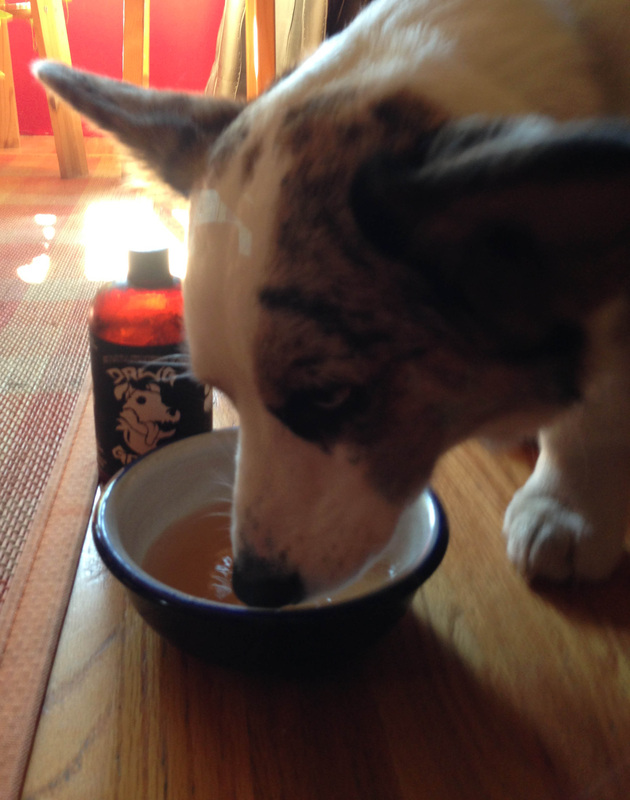

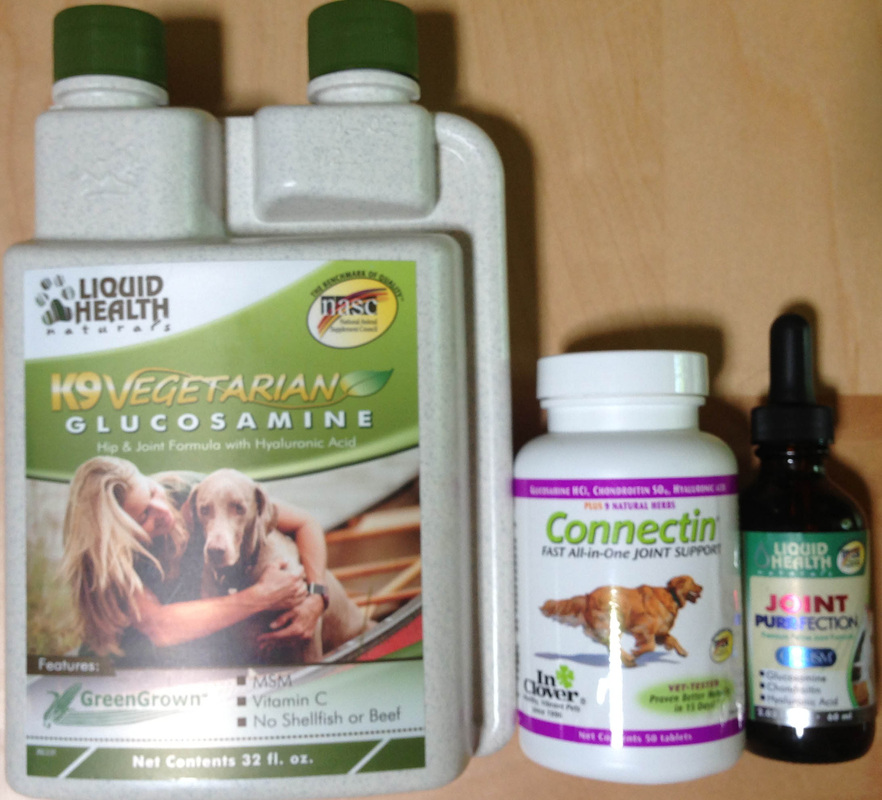
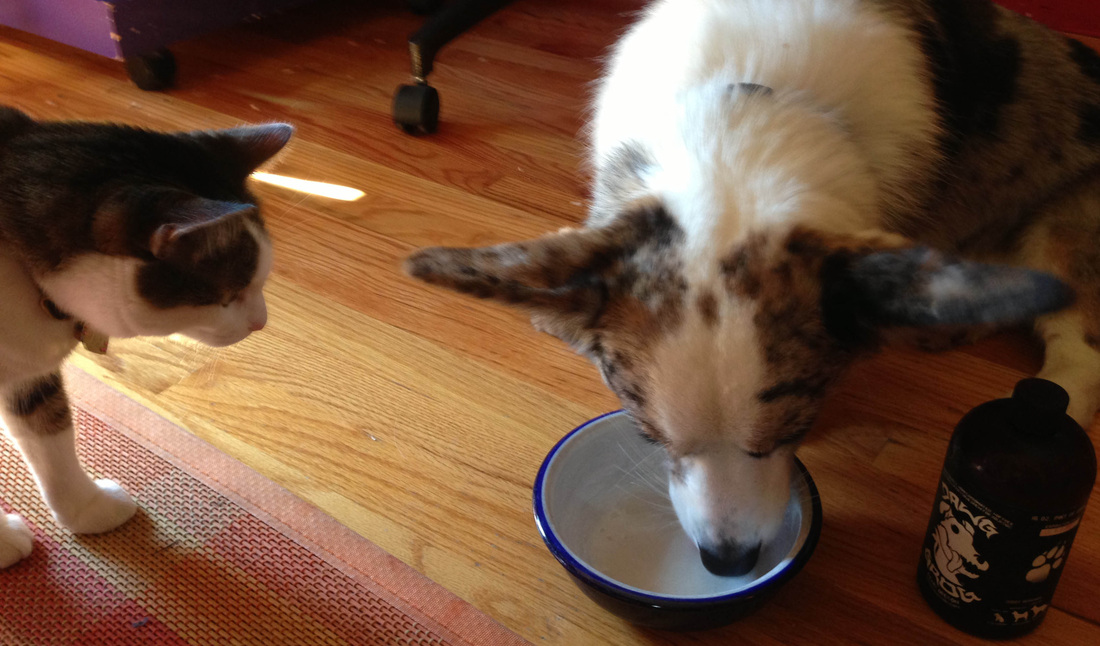
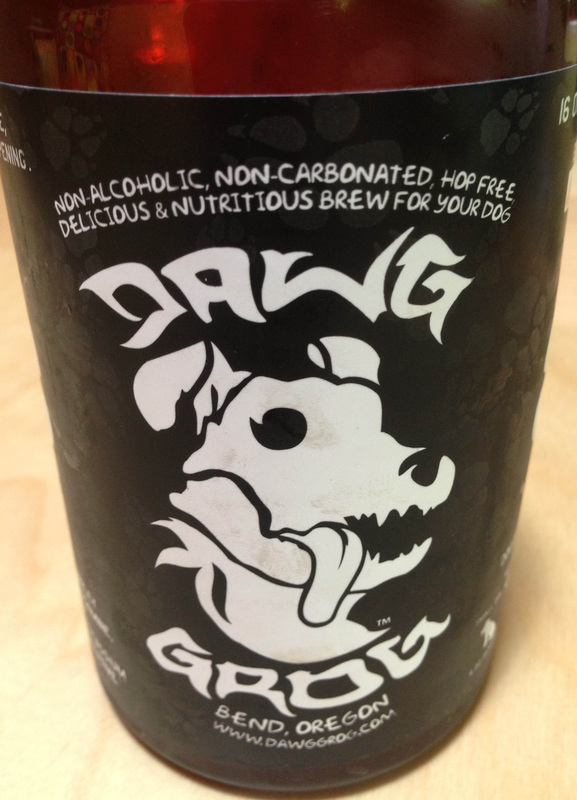
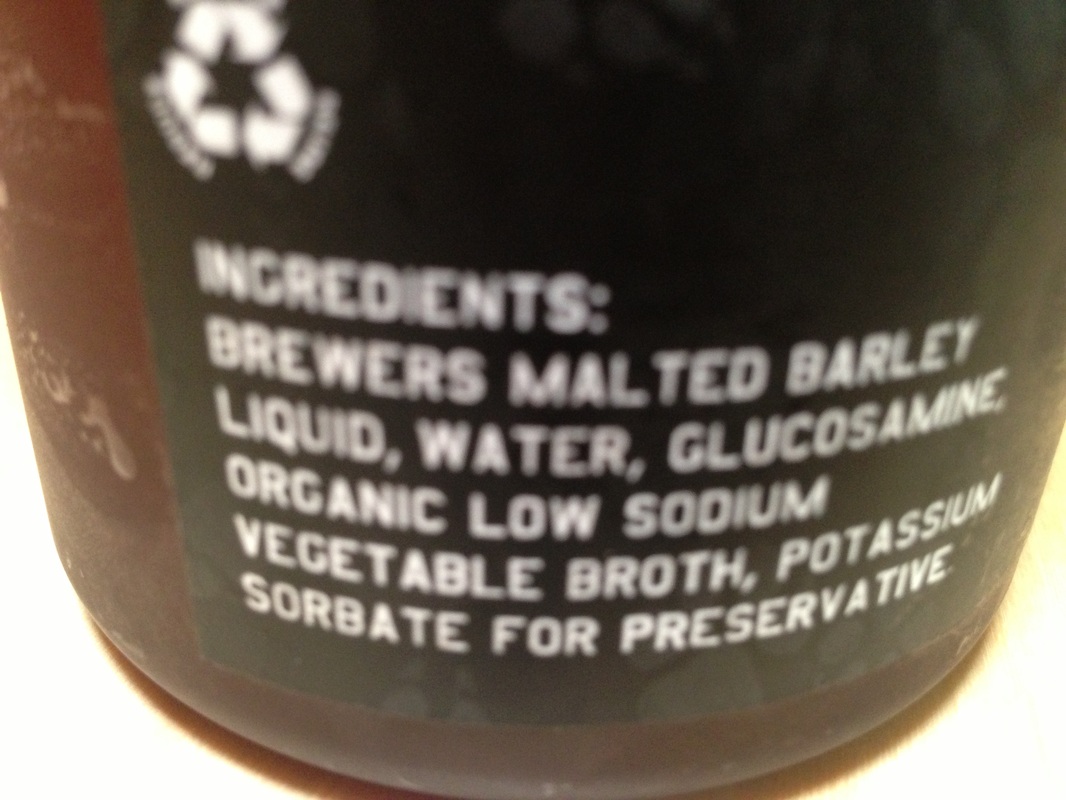
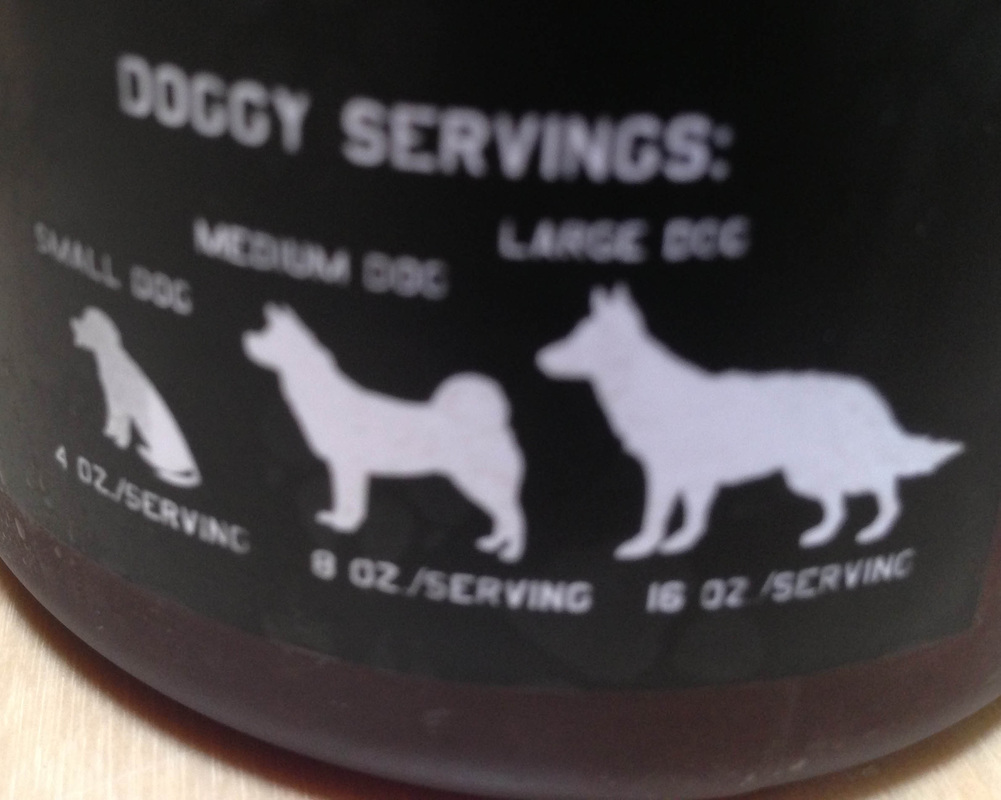
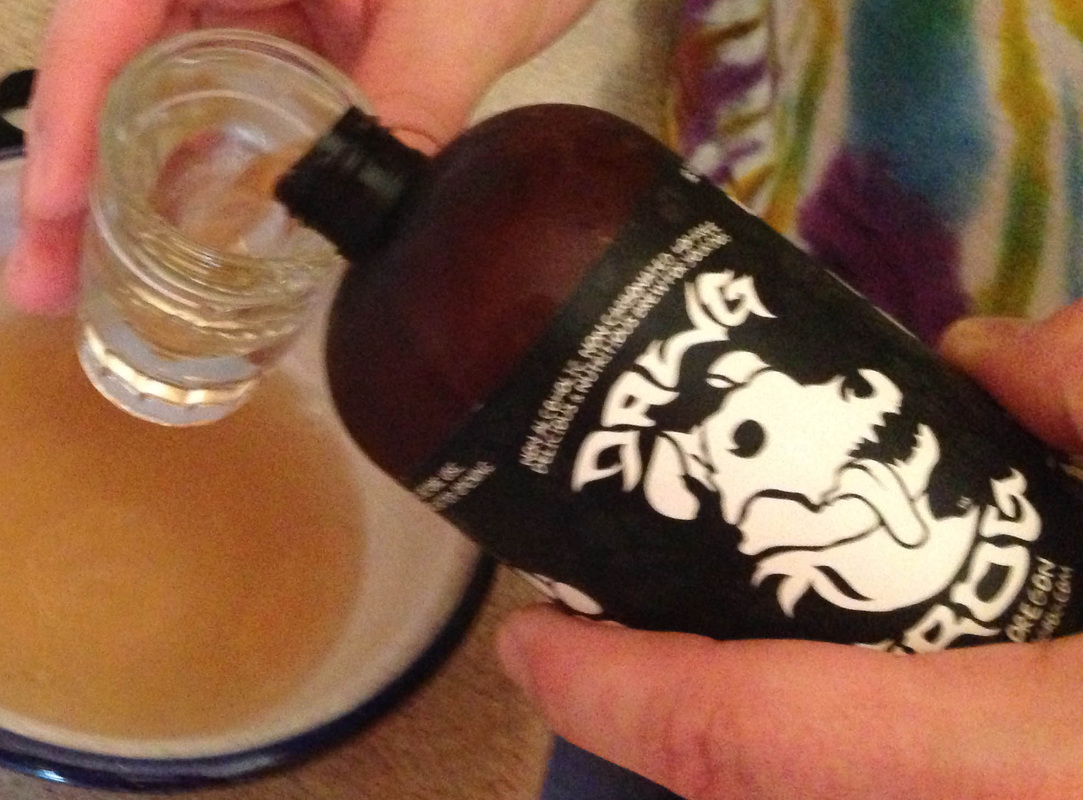
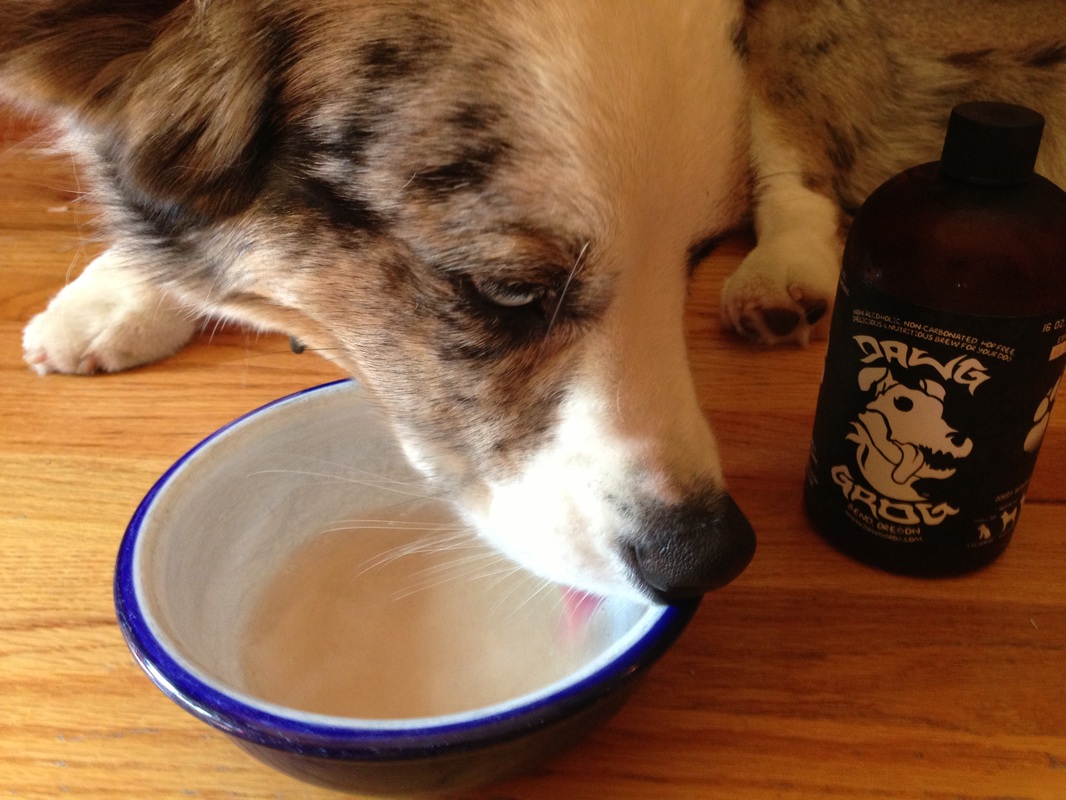
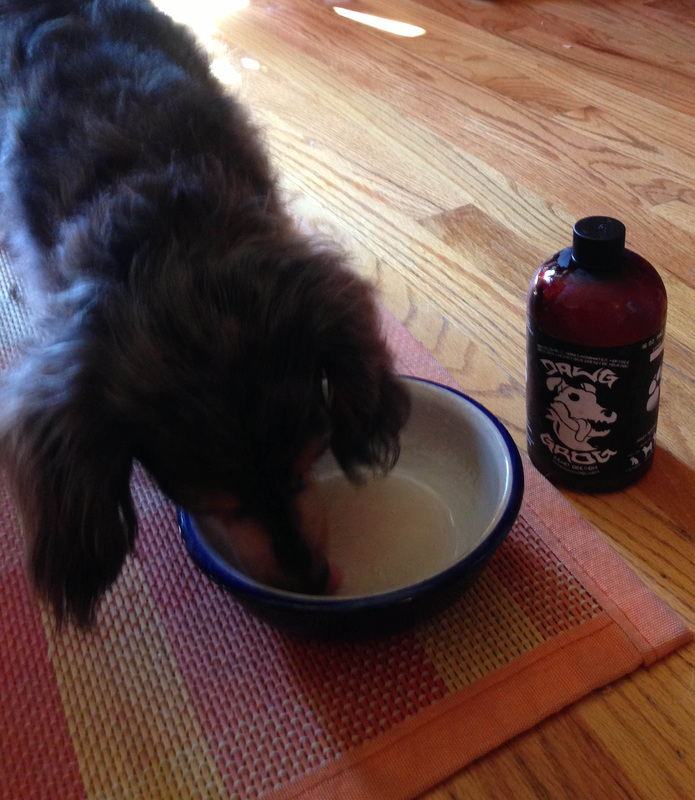
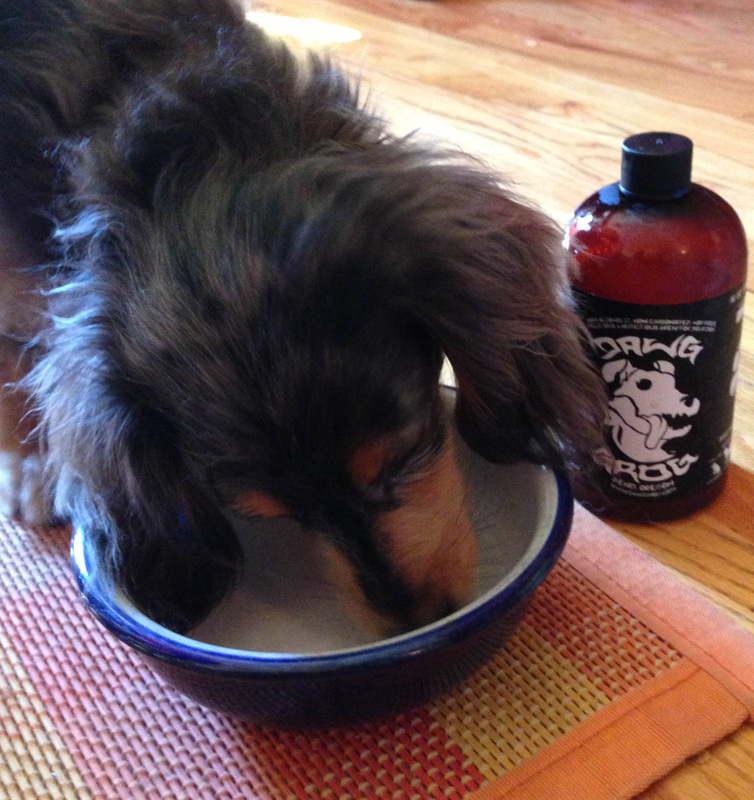
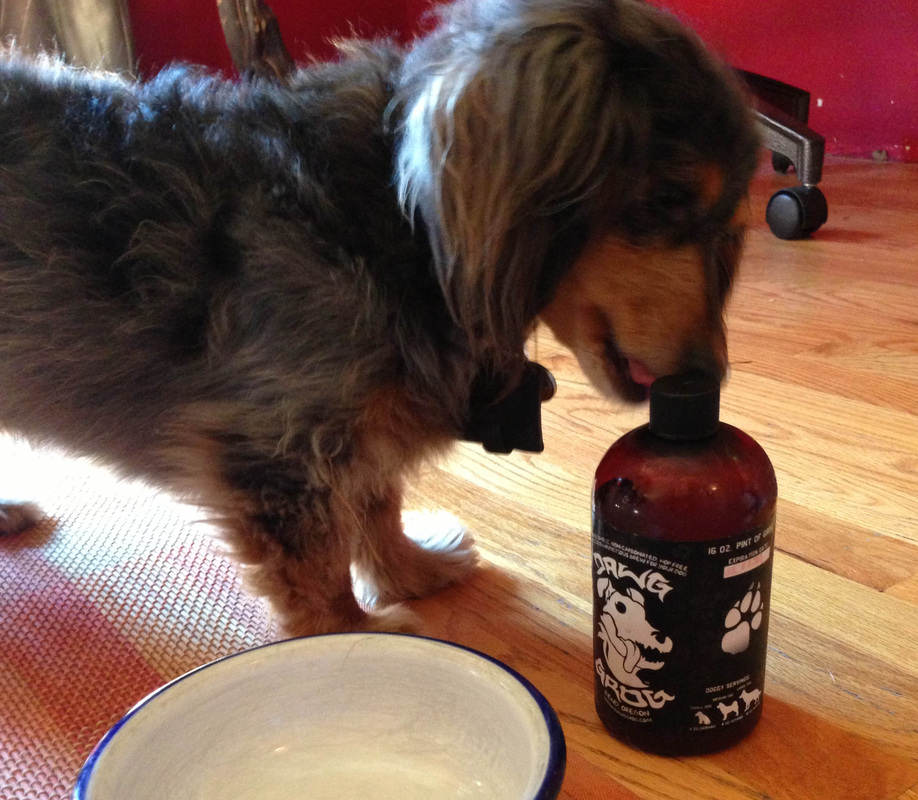
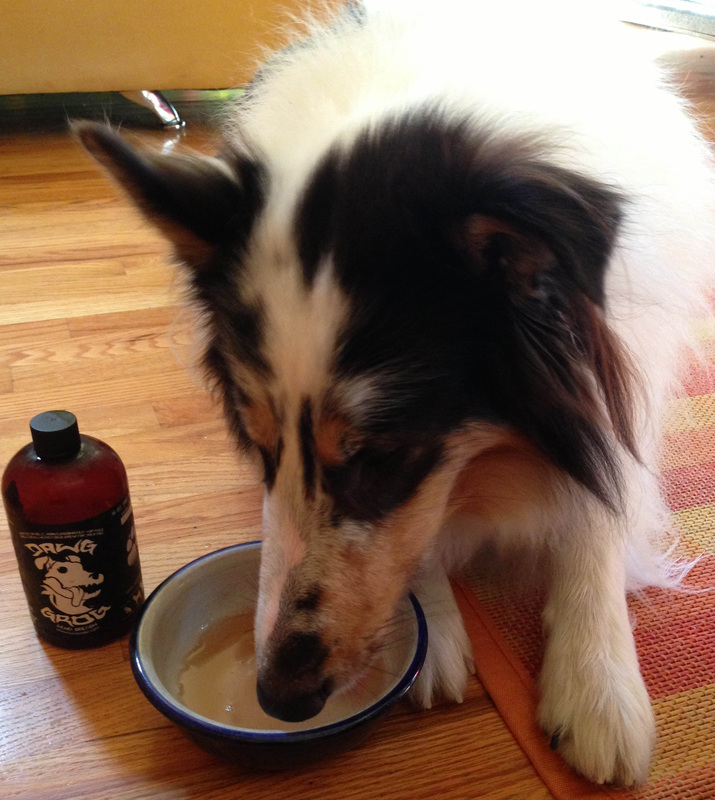
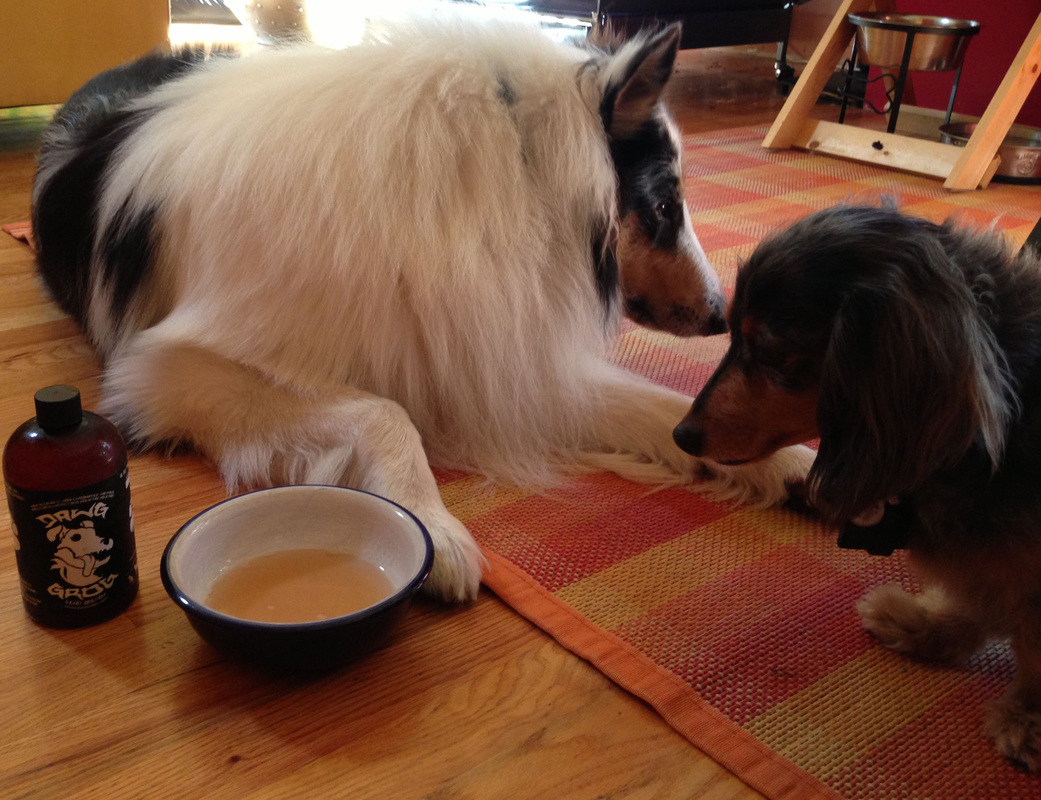
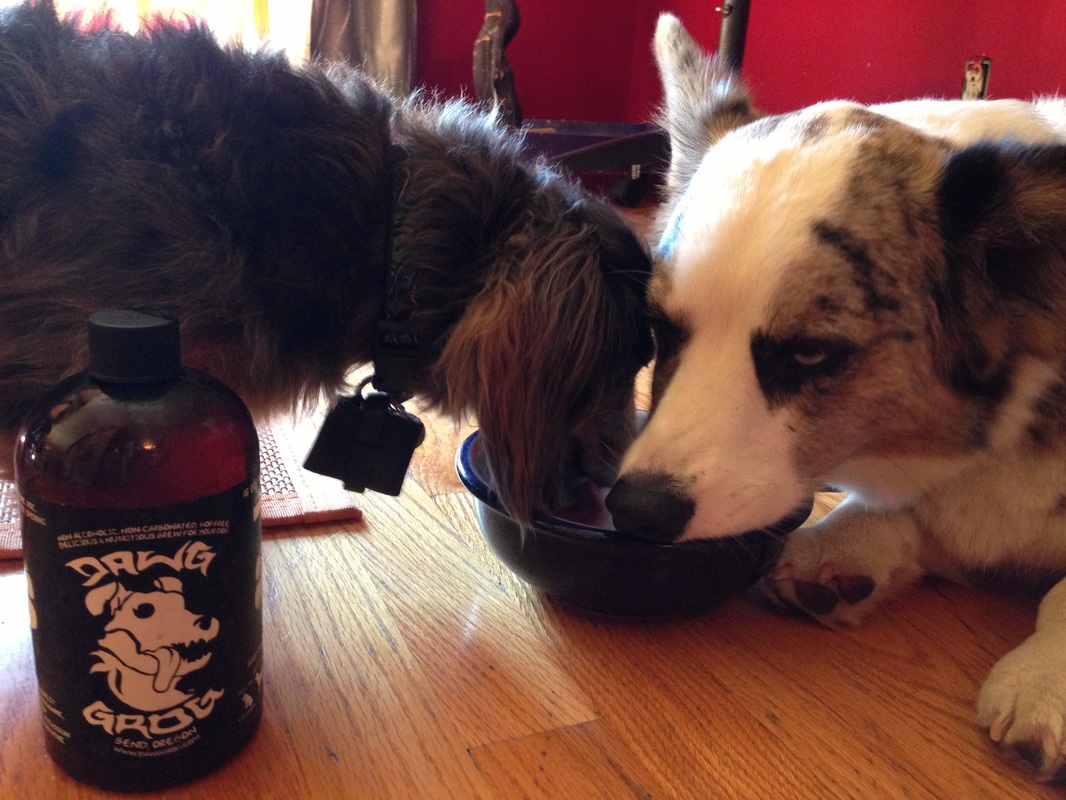


 Follow on Instagram
Follow on Instagram







